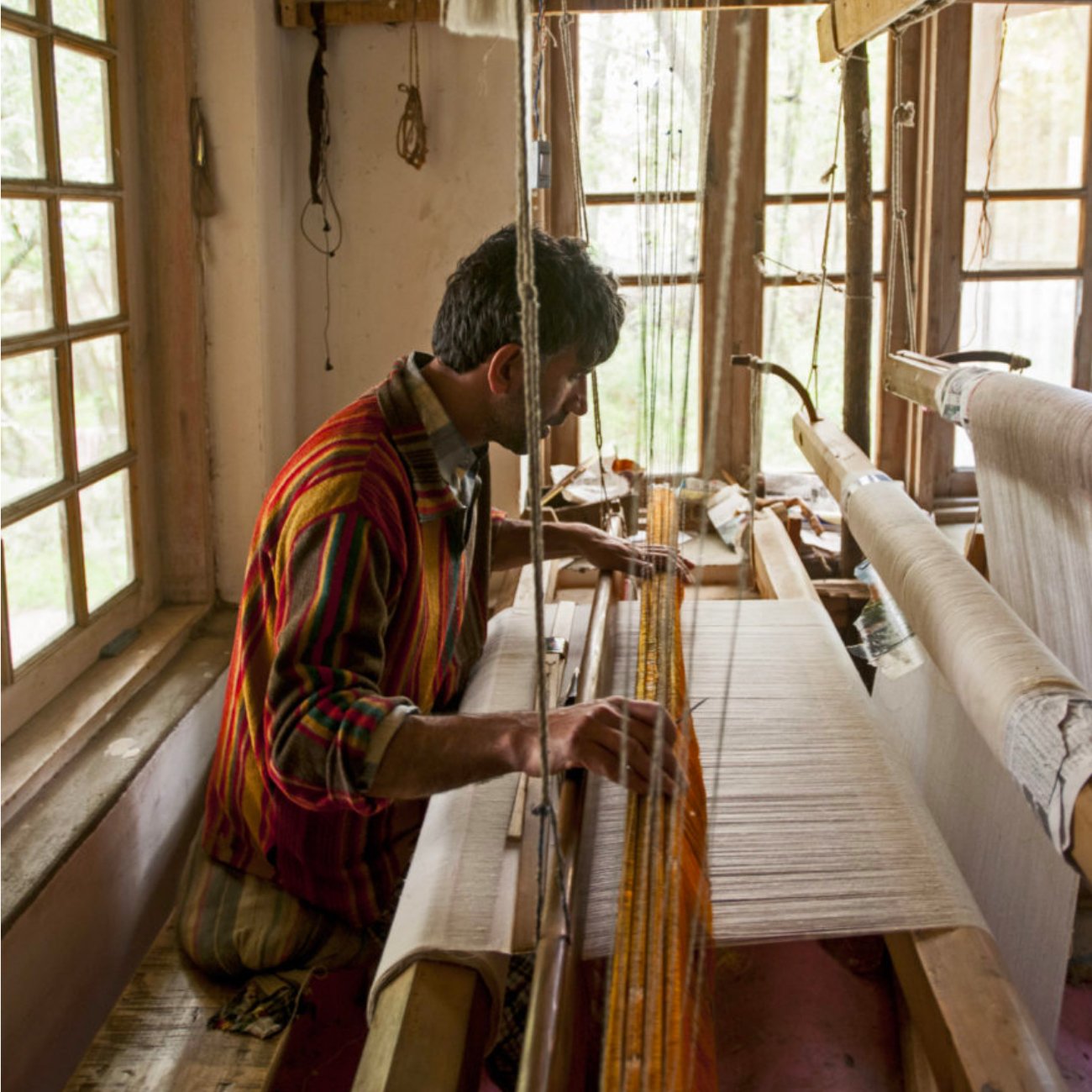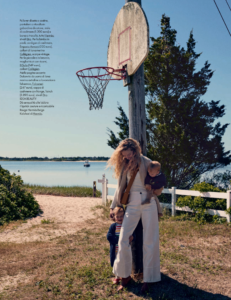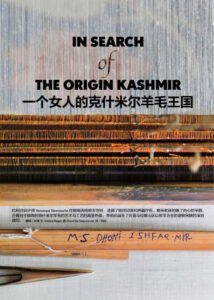It recently came to light that textile waste has increased by 811% since the 1960s. It’s no longer a secret that the fashion industry is the second-largest polluter in the world. Luckily, prestigious haute couture houses are now aware of their impact on the climate. On the initiative of Kering CEO François-Henri Pinault, no less than 32 large fashion companies signed an environmental pact last summer. Was this an example of ‘greenwashing’ to boost their image or will they really set up a green policy that is expressed in sustainable and ethical fashion items like we have at Tuinch?
Fashion Pact during G7 Summit in Biarritz
President Emmanuel Macron commissioned the French luxury conglomerate Kering to take the lead with regard to the environmental agreement. The holding includes Balenciaga, Gucci and Yves Saint Laurent, among others. The Fashion Pact was presented to the world leaders during the G7 Summit in Biarritz. The pact continues to build on existing initiatives by the Ellen MacArthur Foundation, The United Nations Framework Convention on Climate Change (UNFCCC) and Fashion For Good.
30% of the fashion industry moves towards sustainability
The 32 companies that signed the pact represent 30 per cent of the fashion industry. Hermès, Calvin Klein, Burberry and Versace signed in addition to Chanel, Prada and Gucci. Fashion giants like Adidas, Nike and H&M also signed the pact. The only important player whose signature is missing is Louis Vuitton.
The fashion industry as a polluter
The idea is that participating companies actively contribute to reducing global warming. Clear steps must be taken within these fashion houses to combat ocean and plastic pollution even more. More and more ecosystems are threatened by the polluting activities of the fashion industry, and it’s up to these companies to turn the tide. However, the Fashion Pact is non-binding! The companies only report on their progress annually.
Greenwashing or green revolution?
It’s clear that the environmental problems of the 21st century are being recognised and that there is an intention to take responsibility via collective action and common objectives. What will become of the spectacular promises formulated in the Fashion Pact remains to be seen. The truth is that we, as consumers, don’t need commissions, charity foundations or coalitions to take action. Less is more, so we don’t need the assistance of ‘G7 Goliaths’. Moreover, there are small-scale brands with international allure, like Tuinch, that are fully committed to sustainability and downsizing. As a high-end fashion brand, Tuinch releases smaller collections, places less emphasis on seasons and focuses more on timeless items (slow fashion), and only works with eco-friendly materials via environmentally-friendly production processes.
Is sustainability also a top priority for you as a lover of luxury fashion? Be sure to take a look at our webshop!







